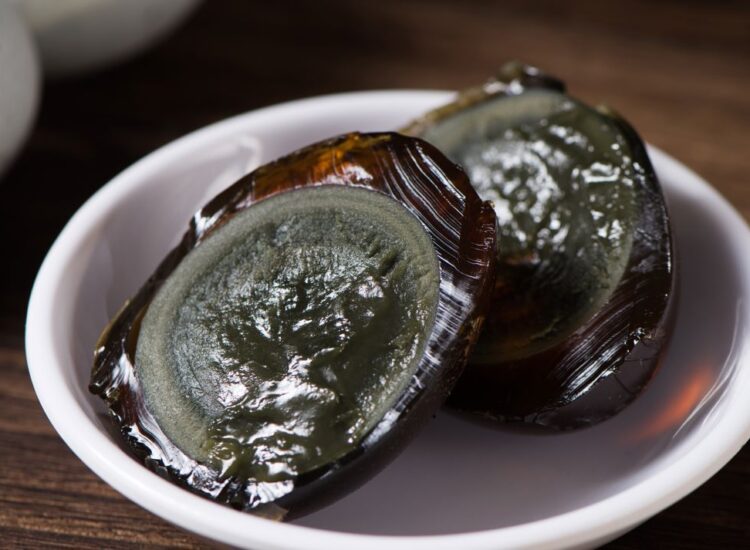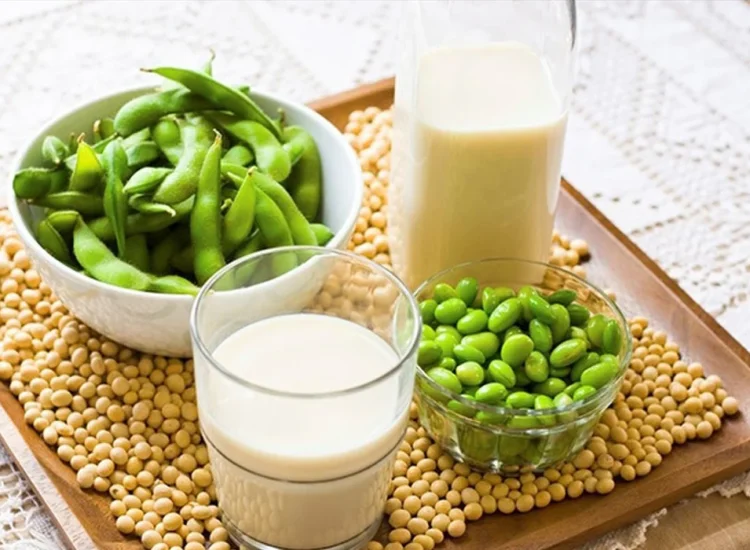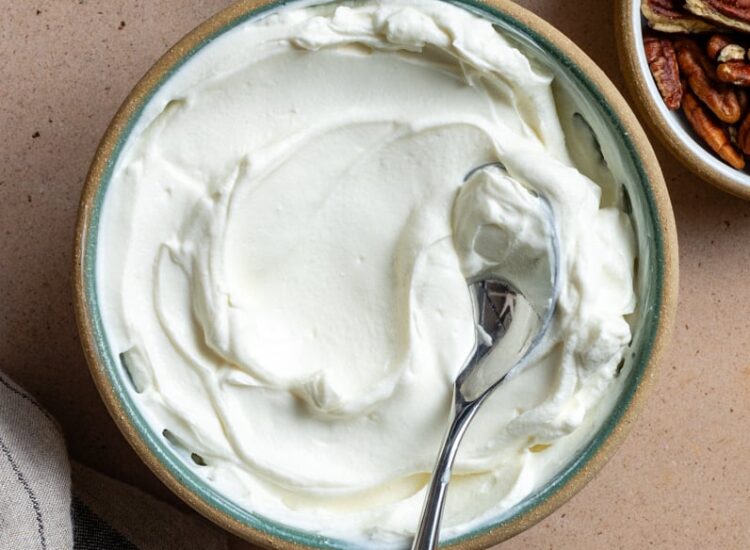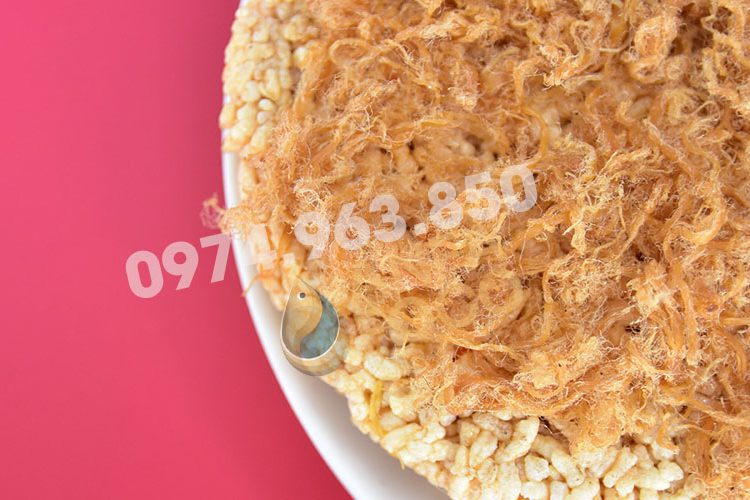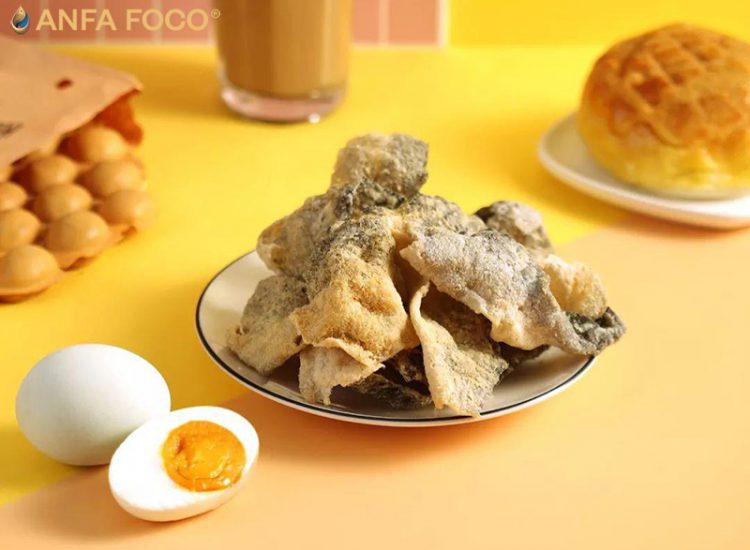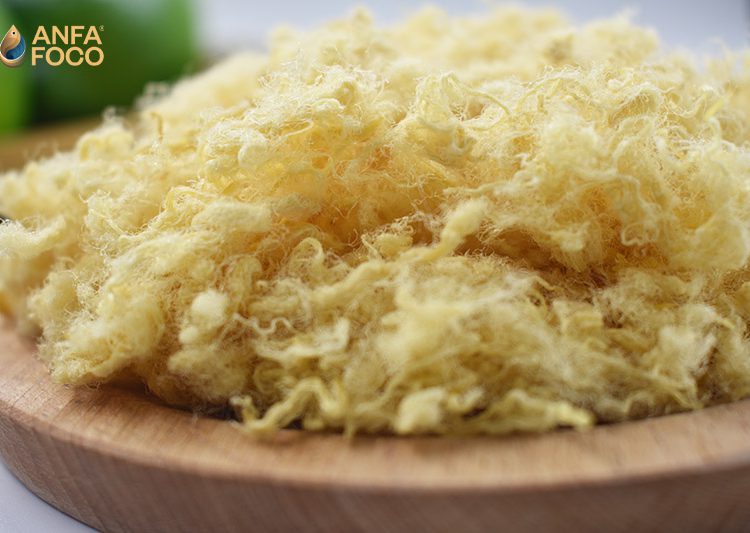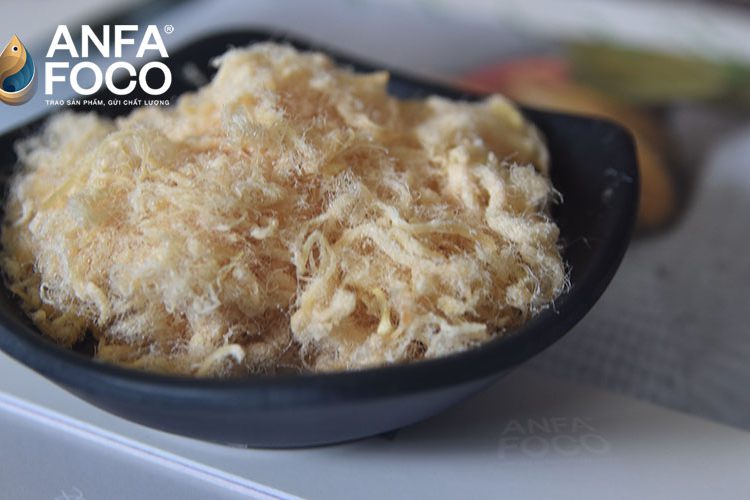The Wholesome Goodness of Oats: Unpacking the Powerful Health Benefits
1. Introduction: The Nutritional Powerhouse of Oats
Oats, a humble whole grain, have been a staple in human diets for centuries. Often associated with a simple, hearty breakfast, oats are far more than just a comforting meal. They are a nutritional powerhouse, packed with a wide array of vitamins, minerals, fiber, and antioxidants that contribute significantly to overall health and well-being. From promoting heart health to aiding in weight management and supporting digestive function, the benefits of incorporating oats into your diet are numerous and well-documented by scientific research. This article will delve into the remarkable health advantages of oats, exploring their nutritional composition and the various ways they can contribute to a healthier lifestyle.
Toc
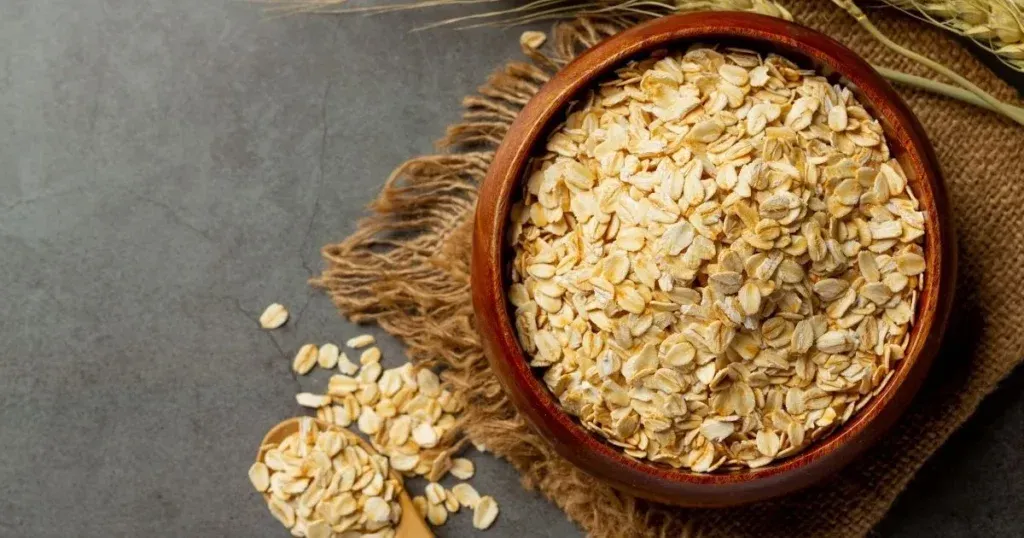
2. Rich in Essential Nutrients:
Oats boast an impressive nutritional profile, making them a valuable addition to any balanced diet. They are a rich source of several key nutrients that are essential for maintaining optimal health.
2.1. Fiber (Soluble and Insoluble)
One of the most notable benefits of oats is their high fiber content, particularly soluble fiber in the form of beta-glucan. Soluble fiber dissolves in water to form a gel-like substance, which has profound effects on cholesterol levels and blood sugar control. Oats also contain insoluble fiber, which adds bulk to the stool and promotes regular bowel movements, contributing to digestive health.
2.2. Vitamins (B Vitamins, Vitamin E)
Oats are a good source of several B vitamins, including thiamin (B1), riboflavin (B2), niacin (B3), pantothenic acid (B5), and folate (B9). These vitamins play crucial roles in energy production, nerve function, and cell growth. Oats also contain vitamin E, a powerful antioxidant that helps protect cells from damage caused by free radicals.
2.3. Minerals (Manganese, Phosphorus, Magnesium, Copper, Iron, Zinc)
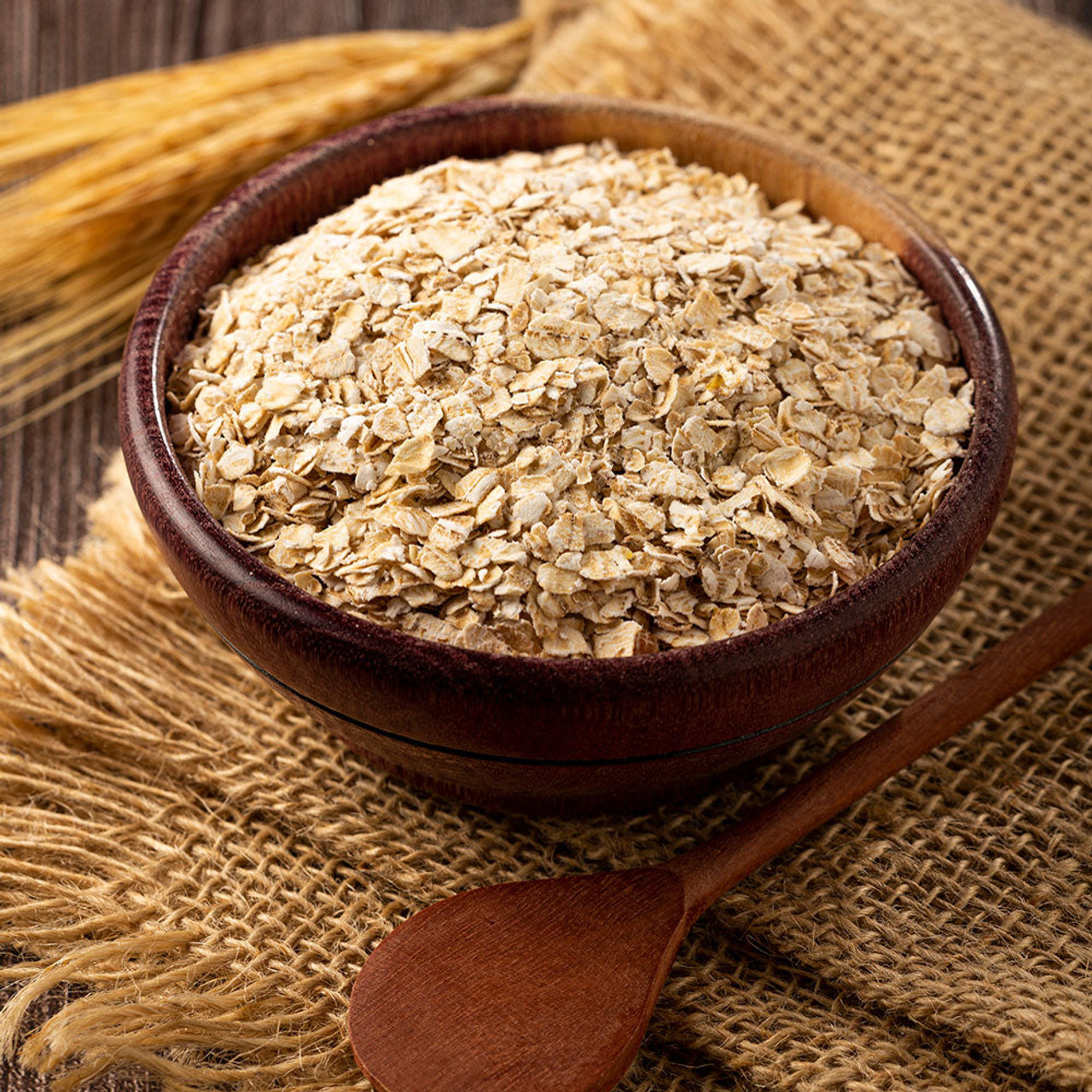
Oats are packed with essential minerals that are vital for various bodily functions. Manganese is important for bone health, metabolism, and antioxidant defense. Phosphorus is necessary for bone and teeth formation, as well as energy production. Magnesium plays a role in muscle and nerve function, blood sugar control, and blood pressure regulation. Copper is involved in iron absorption and energy production. Iron is crucial for carrying oxygen in the blood. Zinc supports immune function, wound healing, and cell growth.
2.4. Antioxidants (Avenanthramides)
Oats contain unique antioxidants called avenanthramides, which are not found in most other grains. These powerful compounds have been shown to have anti-inflammatory and anti-itching effects. They may also help lower blood pressure by increasing nitric oxide production.
3. Key Health Benefits of Oats:
The rich nutritional composition of oats translates into a wide range of health benefits that can positively impact various aspects of your well-being.
3.1. Promotes Heart Health:
Oats are particularly well-known for their ability to promote heart health.
- Lowering Cholesterol Levels: The soluble fiber beta-glucan in oats binds with cholesterol in the digestive tract, preventing its absorption into the bloodstream. This can lead to a significant reduction in LDL (“bad”) cholesterol levels, a major risk factor for heart disease.
- Regulating Blood Pressure: Studies have suggested that the fiber and antioxidants in oats may contribute to lower blood pressure levels, further reducing the risk of cardiovascular events.
3.2. Aids in Weight Management:

Incorporating oats into your diet can be a valuable tool for weight management.
1. https://anfafoco.com/da-ca-say-gion-anfafoco-chinh-phuc-z-cafe/
2. https://anfafoco.com/the-sweet-powerhouse-exploring-the-remarkable-benefits-of-strawberries/
3. https://anfafoco.com/da-ca-lac-trung-muoi-mon-an-vua-la-vua-quen/
4. https://anfafoco.com/da-ca-trung-muoi-khong-chi-o-singapore/
5. https://anfafoco.com/cach-bao-quan-ong-hut-co-tuoi-ong-hut-co-kho/
- Promoting Satiety: The high fiber content of oats, especially beta-glucan, helps you feel fuller for longer, which can reduce overall calorie intake and prevent overeating.
- Regulating Blood Sugar Levels: The soluble fiber in oats helps slow down the absorption of sugar into the bloodstream, preventing rapid spikes and crashes in blood sugar levels. This can help control appetite and reduce cravings for unhealthy foods.
3.3. Supports Digestive Health:
The fiber in oats plays a crucial role in maintaining a healthy digestive system.
- Preventing Constipation: The insoluble fiber in oats adds bulk to the stool, making it easier to pass and preventing constipation.
- Nourishing Gut Bacteria: The beta-glucan in oats can also act as a prebiotic, feeding the beneficial bacteria in your gut. A healthy gut microbiome is essential for overall health, including digestion, immunity, and even mental well-being.
3.4. Helps Regulate Blood Sugar Levels:
Oats can be particularly beneficial for individuals with or at risk of developing type 2 diabetes.
- Slowing Glucose Absorption: The soluble fiber in oats helps slow down the digestion and absorption of carbohydrates, leading to a more gradual rise in blood sugar levels after meals.
- Improving Insulin Sensitivity: Some studies suggest that regular consumption of oats may improve insulin sensitivity, which is crucial for maintaining healthy blood sugar control.
3.5. May Reduce the Risk of Certain Cancers:
While more research is needed, some studies suggest that the antioxidants and fiber in oats may play a role in reducing the risk of certain types of cancer. The antioxidant properties of avenanthramides may help protect cells from damage that can lead to cancer development, and the high fiber content may be linked to a lower risk of colorectal cancer.
3.6. Boosts Immune Function:
The beta-glucan in oats has also been shown to have immune-boosting properties. It can stimulate the activity of white blood cells, which help fight off infections and foreign invaders in the body. The zinc content in oats also contributes to a healthy immune system.
3.7. Supports Skin Health:
Oats have long been used in skincare products due to their soothing and anti-inflammatory properties.
- Topical Applications: Colloidal oatmeal, made from finely ground oats, is often used in creams, lotions, and baths to relieve itching and irritation associated with conditions like eczema and psoriasis.
- Anti-inflammatory Properties: The avenanthramides in oats contribute to their anti-inflammatory effects, which can help soothe and protect the skin.
3.8. Provides Sustained Energy:
Oats are a complex carbohydrate, meaning they are digested more slowly than simple carbohydrates. This provides a steady and sustained release of energy, making oats an excellent choice for breakfast or a pre-workout meal. The fiber and nutrients in oats further contribute to sustained energy levels throughout the day.
4. Different Forms of Oats and Their Uses:
Oats are available in various forms, each with slightly different processing methods and cooking times.
4.1. Steel-Cut Oats
Also known as Irish or Scottish oats, steel-cut oats are oat groats that have been cut into several pieces. They have a chewy texture and take the longest to cook.
4.2. Rolled Oats (Old-Fashioned Oats)
Rolled oats are oat groats that have been steamed and then rolled into flat flakes. They cook faster than steel-cut oats and have a softer texture.
4.3. Quick Oats
Quick oats are rolled oats that have been rolled thinner and steamed longer, allowing them to cook even faster. They have a softer texture than rolled oats.
4.4. Instant Oats
Instant oats are the most processed form of oats. They are pre-cooked, dried, and rolled very thin. They cook almost instantly by simply adding hot water. They often contain added sugar and flavorings.
4.5. Oat Bran
Oat bran is the outer layer of the oat kernel, which is particularly rich in fiber. It can be added to smoothies, yogurt, or baked goods to boost fiber content.
4.6. Oat Flour
Oat flour is made by grinding rolled oats into a fine powder. It can be used in baking as a gluten-free alternative to wheat flour.
1. https://anfafoco.com/cha-bong-heo-gia-si-sx-banh-my-tuoi/
2. https://anfafoco.com/lam-sao-phan-biet-cha-bong-co-bot/
3. https://anfafoco.com/cha-bong-rong-bien-khong-duong-chat-luong-gia-si/
4. https://anfafoco.com/vi-sao-nen-chon-mua-cha-bong-hao-hang-anfafoco/
5. https://anfafoco.com/tong-hop-cac-mon-da-ca-say-gion-ngon-nhat/
5. Incorporating Oats into Your Diet:

Oats are incredibly versatile and can be easily incorporated into your diet in various delicious ways.
5.1. Breakfast Ideas
The most common way to enjoy oats is as a warm breakfast cereal. You can cook them with water or milk and add your favorite toppings, such as fruits, nuts, seeds, spices (like cinnamon), and a drizzle of honey or maple syrup. Overnight oats, made by soaking oats in liquid overnight, are another convenient and healthy breakfast option.
5.2. Baking with Oats
Oats can be added to baked goods like muffins, cookies, and bread for added texture, fiber, and nutritional value. Oat flour can be used as a gluten-free alternative in many recipes.
5.3. Adding Oats to Other Dishes
Oats can also be added to smoothies for a boost of fiber and thickness. They can be used as a binder in meatloaf or veggie burgers, or as a topping for yogurt or fruit crisps.
6. Potential Considerations and Precautions:
While oats offer numerous health benefits, there are a few considerations to keep in mind.
6.1. Gluten Sensitivity (Cross-Contamination)
While oats themselves are naturally gluten-free, they can sometimes be contaminated with gluten during processing if they are grown or processed alongside wheat, barley, or rye. Individuals with celiac disease or gluten sensitivity should choose certified gluten-free oats.
6.2. Phytic Acid Content
Oats contain phytic acid, which can inhibit the absorption of certain minerals. However, the levels in oats are generally not high enough to be a concern for most people, especially those eating a balanced diet. Soaking or cooking oats can further reduce phytic acid content.
6.3. Moderation and Balanced Diet
While oats are incredibly healthy, it’s important to consume them as part of a balanced diet that includes a variety of fruits, vegetables, and other whole foods.
7. Conclusion: Embracing the Wholesome Goodness of Oats
Oats are a nutritional powerhouse with a wide array of health benefits, ranging from promoting heart health and aiding in weight management to supporting digestive function and regulating blood sugar levels. Their versatility and affordability make them an easy and accessible way to improve your overall well-being. By incorporating this wholesome grain into your daily diet, you can reap its numerous rewards and embark on a journey towards a healthier and more vibrant life. So, whether you prefer a warm bowl of oatmeal for breakfast, adding oats to your baked goods, or blending them into your smoothies, embracing the goodness of oats is a simple yet powerful step towards optimal health.

